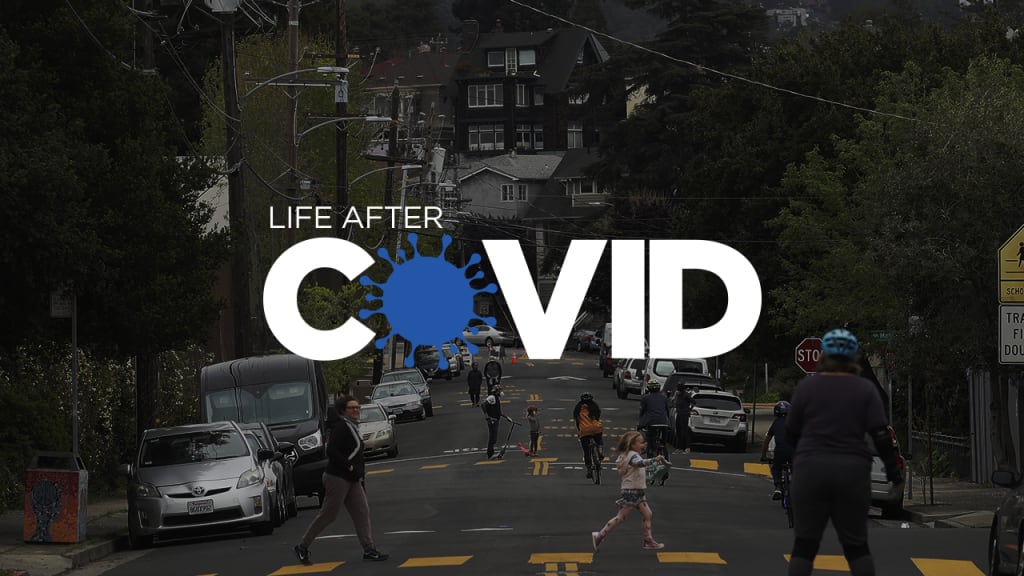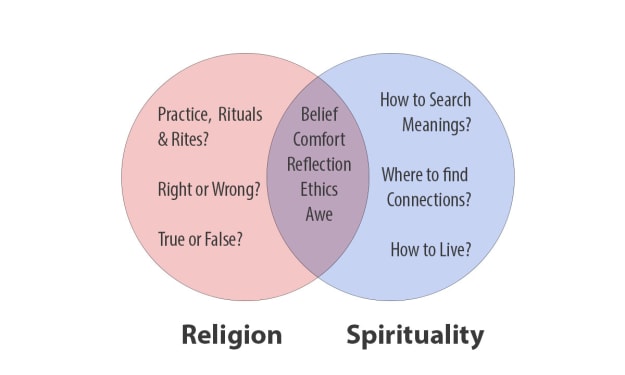
Introduction
The COVID-19 pandemic, which gripped the world starting in late 2019, has had a profound and lasting impact on every aspect of human life. From the devastating loss of lives to the disruption of economies and daily routines, the pandemic forced us to adapt and find new ways to navigate an uncertain world. As vaccines have been developed and administered, societies have begun to emerge from the depths of the crisis, giving rise to a new phase of life after COVID-19. In this write-up, we will explore the changes and adaptations that are likely to shape our lives in the post-pandemic era.
Health and Safety Measures
One of the most significant changes brought about by COVID-19 is the heightened awareness of health and safety measures. People have become more conscious of personal hygiene practices, such as frequent handwashing, use of sanitizers, and wearing face masks. These habits are likely to continue as a preventive measure against not only COVID-19 but also other infectious diseases. Additionally, vaccination campaigns and regular booster shots might become a norm to maintain population immunity and prevent future outbreaks.
Remote Work and Digital Transformation
The pandemic accelerated the shift towards remote work and digital transformation across various industries. Companies and organizations quickly adopted remote work models to ensure business continuity during lockdowns and travel restrictions. This transition not only proved successful but also highlighted the benefits of remote work, such as increased flexibility and reduced commuting time and costs.
As a result, the post-COVID era is expected to witness a hybrid work environment, where remote work and in-person collaboration will coexist. This flexibility can lead to a better work-life balance for individuals and allow companies to tap into a global talent pool. Moreover, digital tools and technologies will continue to play a vital role in enabling seamless communication and collaboration, making remote work more efficient and productive.
Education and E-Learning
The pandemic had a profound impact on the education sector, forcing schools and universities to shift to online learning platforms. While this transition came with its challenges, it also opened up new opportunities for innovation and e-learning. In the post-COVID world, we can expect to see a blended approach to education, where traditional classroom teaching integrates with online resources and virtual learning environments. This combination can offer personalized learning experiences, access to a wide range of educational materials, and the ability to reach learners in remote areas.
Travel and Tourism
The travel and tourism industry experienced a severe downturn during the pandemic due to travel restrictions and safety concerns. However, as vaccinations become more widespread, travel is expected to rebound, albeit with some changes. Health screening protocols and digital health passports may become standard requirements for international travel, ensuring the safety of both travelers and host countries.
Moreover, the pandemic has led to a renewed appreciation for local and sustainable tourism. People are likely to prioritize exploring their own countries or regions, supporting local businesses, and opting for eco-friendly travel options. Slow travel, which emphasizes immersive experiences and reducing the carbon footprint, may gain popularity as travelers seek meaningful connections with the places they visit.
Public Health Infrastructure and Preparedness
The COVID-19 pandemic exposed weaknesses in global public health infrastructure and response systems. As a result, governments and international organizations are expected to invest in strengthening healthcare systems, surveillance mechanisms, and research and development capabilities. Efforts to enhance vaccine production and distribution infrastructure, improve testing and contact tracing capabilities, and establish early warning systems for potential future outbreaks will be prioritized.
Mental Health and Well-being
The pandemic took a toll on mental health and well-being, with increased levels of stress, anxiety, and depression observed worldwide. The post-COVID era will require continued attention to mental health support and resources. Governments, organizations, and communities should prioritize accessible mental health services, DE stigmatization of mental health issues, and awareness campaigns to promote self-care and resilience. Employers can also play a crucial role in supporting the well-being of their employees by implementing policies that prioritize work-life balance, offer mental health resources, and foster a supportive and inclusive work environment.
Social Interactions and Community Engagement
During the pandemic, social interactions were significantly limited, leading to feelings of isolation and loneliness for many individuals. As restrictions ease, people will likely have a renewed appreciation for in-person social connections. We can expect a surge in social gatherings, events, and activities that promote community engagement and togetherness.
Furthermore, the pandemic has highlighted the importance of supporting vulnerable populations and building stronger community networks. Grassroots initiatives and volunteerism have played a significant role in providing assistance and support during the crisis. These efforts are expected to continue and foster a sense of solidarity and social responsibility in the post-COVID era.
Environmental Consciousness and Sustainability
The pandemic allowed nature to heal temporarily as human activities were restricted. The reduction in travel, industrial production, and energy consumption led to improved air quality and a decrease in carbon emissions. This period of respite has emphasized the need for sustainable practices and environmental consciousness.
In the post-COVID era, there will likely be a heightened focus on sustainability and the urgency to address climate change. Individuals, businesses, and governments will prioritize eco-friendly practices, such as renewable energy adoption, waste reduction, and conservation efforts. Sustainable transportation options, such as electric vehicles and cycling infrastructure, may become more prevalent. Additionally, there may be a greater emphasis on local and organic food production, as well as the reduction of single-use plastics.
Conclusion
Life after COVID-19 will undoubtedly be different from what we were accustomed to before the pandemic. The lessons learned and adaptations made during this crisis will shape our future in various ways. Health and safety measures will remain a priority, with a greater emphasis on personal hygiene and vaccination. Remote work and digital transformation will continue to reshape our work environment, providing more flexibility and efficiency. Education and e-learning will undergo a transformation, blending traditional classroom teaching with online resources. The travel and tourism industry will rebound, with a renewed focus on local and sustainable experiences. Public health infrastructure and mental health support will receive increased attention, and community engagement will strengthen social connections. Environmental consciousness and sustainability will be at the forefront of our efforts.
As we move forward, it is crucial to embrace this new normal with resilience, adaptability, and empathy. By incorporating the lessons learned from the pandemic, we can create a more inclusive, sustainable, and resilient world. Together, we can build a future that not only recovers from the challenges of COVID-19 but also thrives in the face of future uncertainties.
About the Creator
Frank Odhiambo
Frank Odhiambo is a seasoned and passionate writer renowned for his compelling and thought-provoking pieces. Global award winner for "Voice of reason" He has established himself as a prominent voice in the world of authors and writers.
Enjoyed the story? Support the Creator.
Subscribe for free to receive all their stories in your feed. You could also pledge your support or give them a one-off tip, letting them know you appreciate their work.






Comments
There are no comments for this story
Be the first to respond and start the conversation.